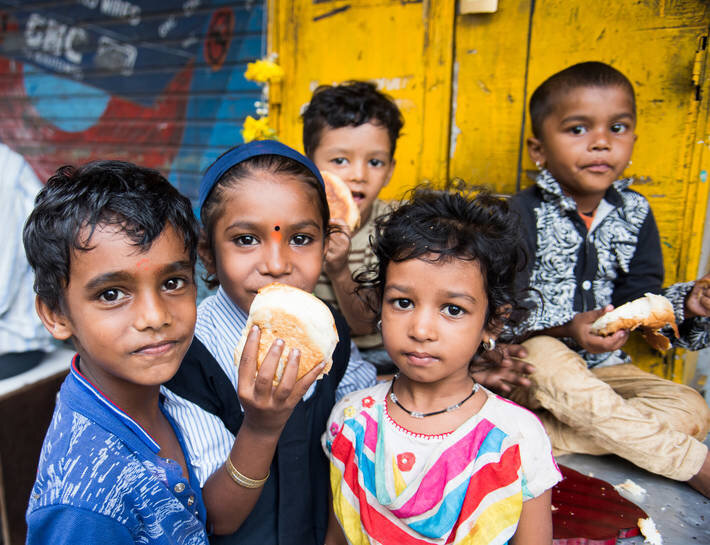Three million undernourished people in Asia-Pacific need to be lifted out of hunger every single month: FAO

Three million undernourished people in Asia and the Pacific must be lifted out of hunger each month from now on, if the region is to meet the SDG 2 Zero Hunger goal by the end of 2030, says a new report released today by the Food and Agriculture Organization of the United Nations (FAO).
With nearly half-a-billion of the world’s undernourished people living in Asia-Pacific, FAO is calling for urgent actions to address hunger and malnutrition in all its forms, and, for the first time in this region, to take decisive, informed and coordinated action to place nutrition at the heart of social protection programmes.
Child stunting and wasting, hidden hunger alongside growing obesity
The report’s latest figures relating to hunger, including micronutrient deficiencies also known as hidden hunger, child stunting shows that “the prevalence of stunting and wasting in the region remains high, with stunting rates exceeding 20 percent in a majority of the region’s countries. An estimated 77.2 million children under five years of age were stunted in 2018, and 32.5 million suffered from wasting.”
Meantime, overweight and obesity are also rising among both children and adults in Asia-Pacific, negatively affecting health and well-being. “In many countries in the region, child undernutrition, overweight, obesity and micronutrient deficiencies are converging at the national level, in individual households, and even, in some cases, in the same person. A multi-stakeholder approach is needed to address the multiple burdens of malnutrition,” the report states.
Call to action for nutrition to be placed at centre of social protection
Social protection is an important way to help reduce inequality and mitigate the impacts of disasters, the report notes, and a special section on social protection explains that making programmes nutrition-sensitive can accelerate progress in eradicating hunger and malnutrition.
The report also acknowledges that some progress has been made in the region to improve food security and nutrition.Nevertheless, growing inequality undermines such positive developments, as do climate and conflict-related shocks and disasters.
FAO hopes that these findings will inform dialogues leading to innovative and effective actions in member countries to improve food security and nutrition across Asia and the Pacific.

Leave a Comment